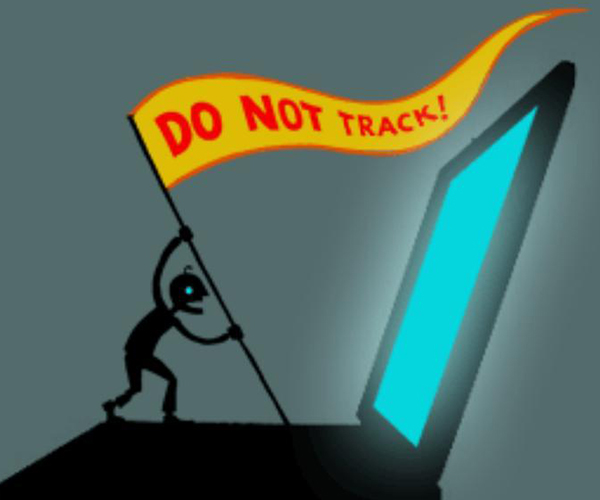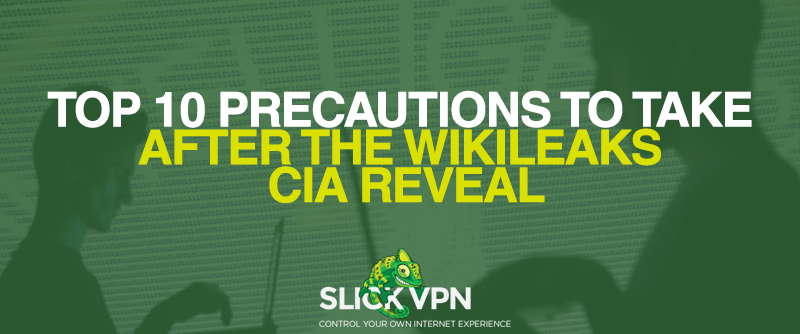
Top 10 Precautions to Take After the WikiLeaks CIA Reveal
Smart devices are full of promise, offering safety and convenience with the touch of a button. The potentials are only increasing as manufacturers utilize advanced technologies and more people consider these investments. So what could possibly go wrong?
Well, more than most of us are prepared for, indicates the WikiLeaks’ revelation about CIA’s global hacking operation. (link to previous article)
The whistleblowing website released a cache of over 8,500 pages that reference CIA’s ability to exploit security vulnerabilities in renowned smart electronic devices – like Samsung smart TVs and Android devices – to spy on people.
The documents also mention ways to hack into an iPhone. One reference highlighted a list of iOS security flaws bought by intelligence agencies in order to gain access to the iDevices.
In other scenarios, Opera, Chrome, and the Samsung mobile browser have been referenced, implying that the intelligence agency could launch exploits via malicious web pages.
Apple, Samsung and others have vowed to swiftly address any vulnerabilities, but gave no indication of any patches under rapid development.
Given all of this, it’s important to take precautions to protect your personal information as it could be snooped by the intelligence agency. The following 10 recommendations are offered to help you safeguard your data and privacy.
Deactivate Web Tracking In Your Browser
When you surf the web, you leave behind digital footsteps that intelligence agencies can follow to know so much about your activity. And once they identify the source of your online activity, they can monitor every keystroke. To prevent web tracking, deactivate third-party cookies from loading on your web pages by going to your browser’s Settings. Also, deactivate JavaScript as this programming language is often used to track clicks.

Keep Your Devices’ Software Updated
As the companies whose software and devices were referenced in the exploit descriptions are endeavoring to quickly release patches for the vulnerabilities, your best bet is to update the firmware / operating system on all your devices. On your iPhone/ Android / TV / PC, go to Settings, then General, then choose Software update to install the latest firmware / operating system on your device.

Use A VPN
A VPN service like SlickVPN will encrypt your web browsing activity to ensure your surfing session is safe from spies and snoopers, bringing down the probability of your information getting intercepted when it’s in transit. Also, your actual IP address will be masked; the VPN provider will replace it with an IP address from another destination. As a result, you can visit your favorite sites without leaving a trace.

Don’t Reveal Too Much Information about Yourself
A good rule of thumb when trying to protect your personal details is to avoid submitting forms unnecessarily. This prevents your information from being available in searchable records (web results). If you want to enter sweepstakes or download gated content, use a dummy email address that’s not associated with your professional or personal credentials. That way, the records – that could be monitored – won’t store your actual information.
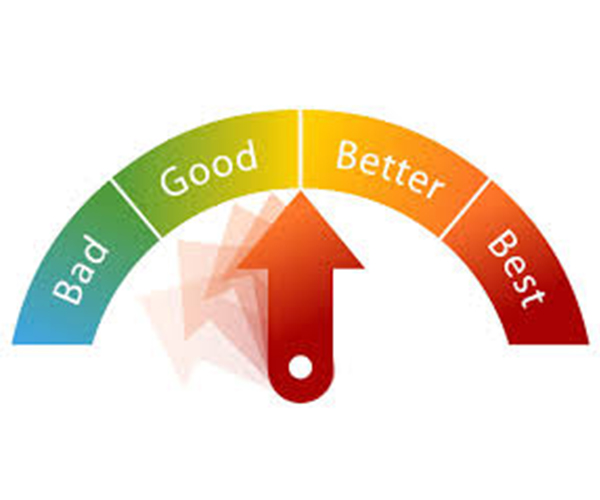
Be Smart With Passwords
Manage passwords sensibly. Use different passwords for all your accounts on encrypted websites, as well as your credit cards and online bank accounts. Also, using sophisticated, lengthy passwords can make it difficult for adversaries to crack open your password. Random passwords that include lowercase and uppercase letters, symbols and numbers are usually the strongest. Avoid using any personal information in your passwords as this information is often available publicly.
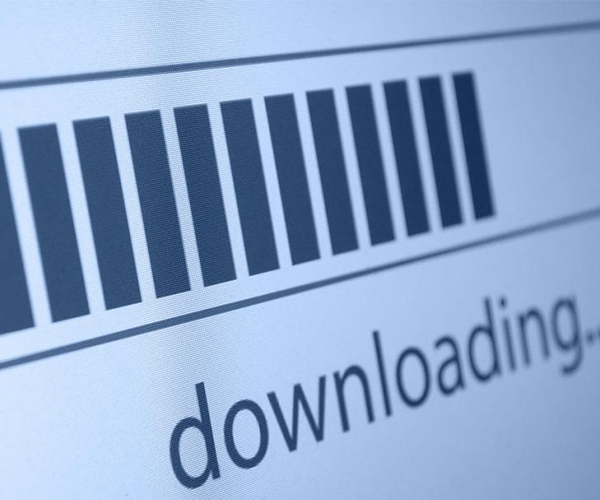
Watch What You Download
Take extreme caution when downloading any file on your smart TV, PC and smartphone. For instance, the CIA revelation referenced that some apps associated with the name Pokemon were malicious in nature and allowed the intelligence agency to get into iPhones and Android devices of consumers. Some software and apps include adware that reports your activity to a third-party firm who can then utilize that information for any purpose.
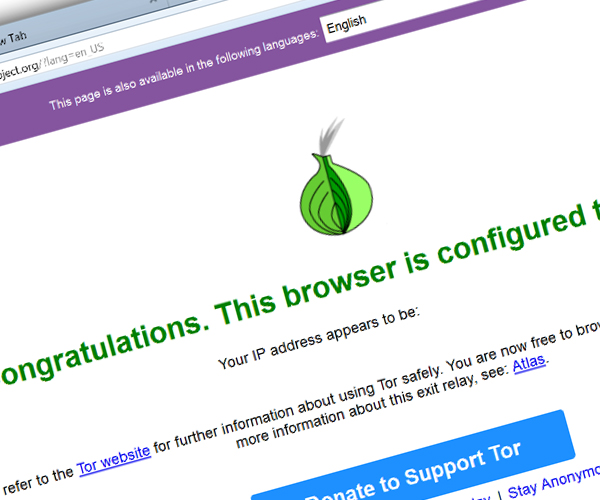
Consider Using the Tor Browser
The Tor browser offers maximum privacy on the web courtesy of its heavily modified functioning that clears cookies and disables Flash when a window session is closed. While Tor isn’t perfect for safeguarding your information against real-time attacks, it does a great job at examining phony sites. Also, you can use it for other purposes, such as looking up medical symptoms without having your searches tracked down.

Get Slightly Off the Grid
The documents revealed how exploits were used to target smart TVs and convert them into listening devices. So are you really getting value from having smart televisions, thermostat, and other electronics in your home when they could be used to spy on you? Thing is, you can easily do without some of these devices. Even if you restrict yourself to smartphones and computers, you’ll still do a lot for your personal security.
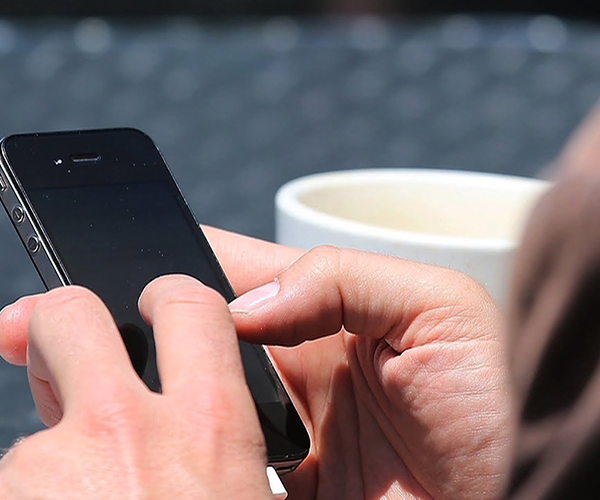
Look into Anti-Surveillance Accessories
Tunnel smartphone case and other similar accessories claim to hide your data and location, as well as notify you if someone is monitoring you. Accessories like these replicate the protection measures that are adopted by government agencies themselves to protect their information. For instance, the agencies use copper shielding to safeguard their activity; the metal blocks EMF (electromagnetic fields) that helps in escaping surveillance. Once your phone is inside the case, it can’t be tracked or monitored.

Delete Old Accounts
Head over to your old online accounts. If it has been a while since you last used them or you don’t plan on using them in the future, delete them. That way, you can remove the information that is on file there. Don’t take your online accounts as an easy deal (minimize the personal information they store by deleting old ones and making new ones with random credentials where possible). Lastly, check the data policies and privacy settings of the online accounts you’re currently using. The default setting might be too open for your preference
Basically people have deployed IoT (internet of things) devices without considering security first, that these could be used by intelligence agencies to spy on them. So, consider alternatives to internet-connected smart devices where possible, and take the precautions mentioned above to protect your privacy from intelligence agencies.

